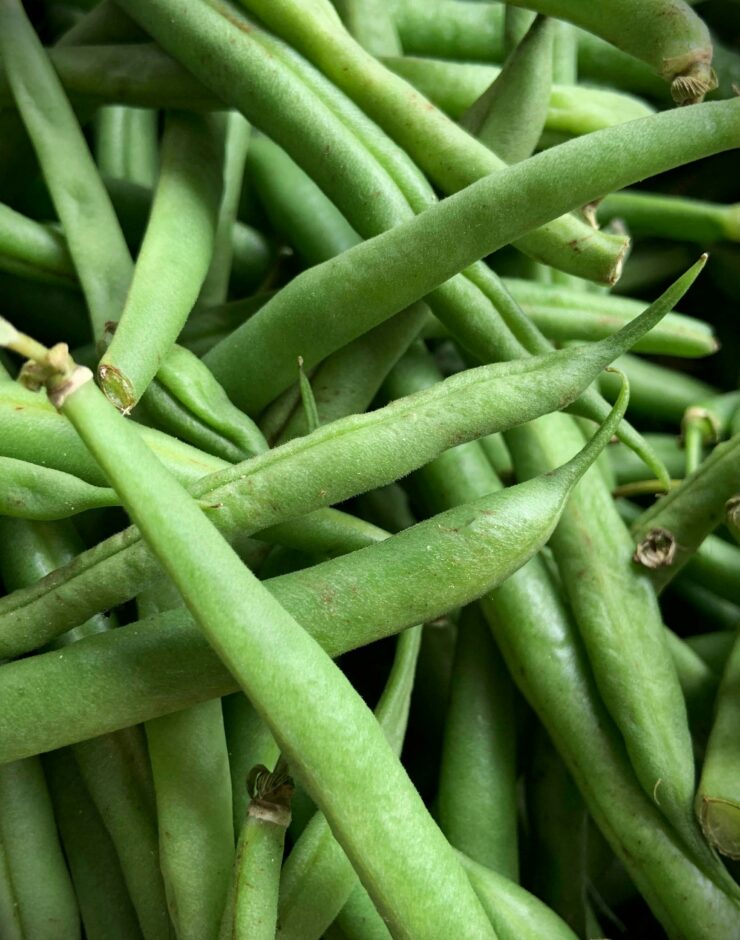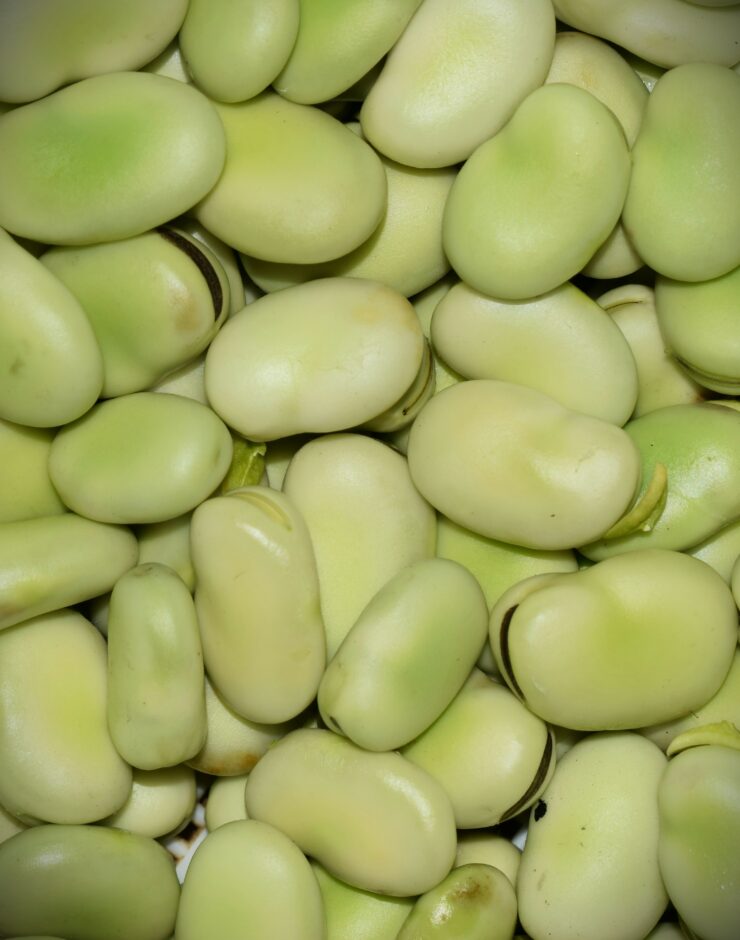Nutritional Information (Per 100g)
| Energy | 1561/372.9 kJ/kcal |
| Protein | 85g |
| Carbohydrates | 3g |
| Fat | 0.3g |
| Saturated Fat | 0.1g |
| Ash | 4g |
Fava bean protein isolate is a protein powder. It’s extracted from EU-grown Fava beans via a very mild process and is a highly refined form of protein, giving it a high protein content, excellent solubililty, and a very clean taste.
High protein content (~85%)
High Solubility
Low Viscosity
Very Clean Taste
Low in Carbohydrates
Low in Fat

Fava bean protein isolate can be used in a whole host of food products, specifically plant-based foods.
These include:
It is also a great, natural emulsifier; emulsifiers serve to facilitate the blending of two substances that tend to separate when combined.
| Energy | 1561/372.9 kJ/kcal |
| Protein | 85g |
| Carbohydrates | 3g |
| Fat | 0.3g |
| Saturated Fat | 0.1g |
| Ash | 4g |

Vicia faba, widely recognised as the broad bean, faba bean, or fava bean, belongs to the flowering plant family Fabaceae. Its cultivation and consumption dates back to 10,000 years ago in the Middle East and subsequently expanded across Europe and the rest of the world. However, following the Blair-House agreement in 1992, fava bean farming in Europe experienced a decline, prompting increased imports of plant protein, primarily soy protein.
Recently, there has been a resurgence of interest in fava beans due to their minimal environmental impact and favourable protein characteristics. These include a neutral taste, functional properties, and nutritional benefits, positioning them as an alternative in the face of growing awareness of sustainable and nutritious food alternatives.